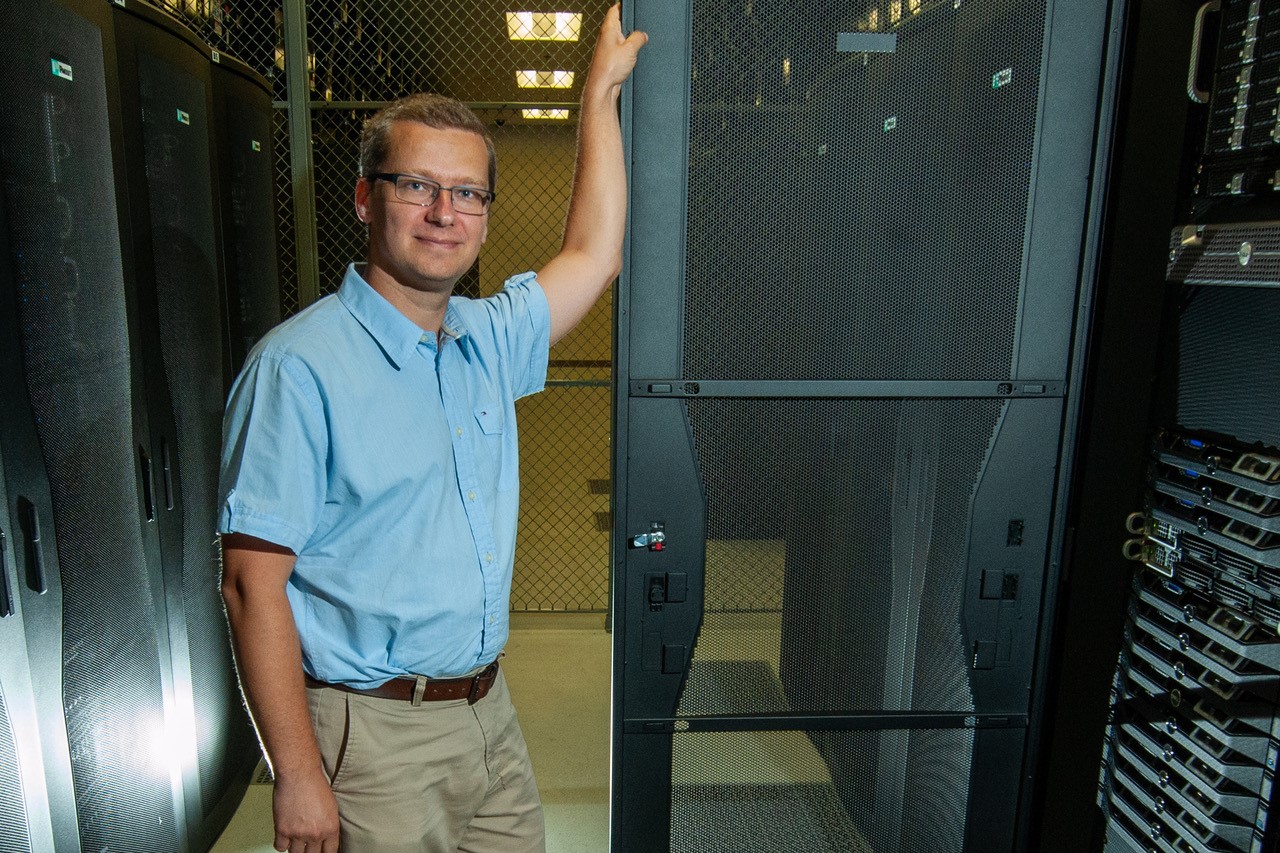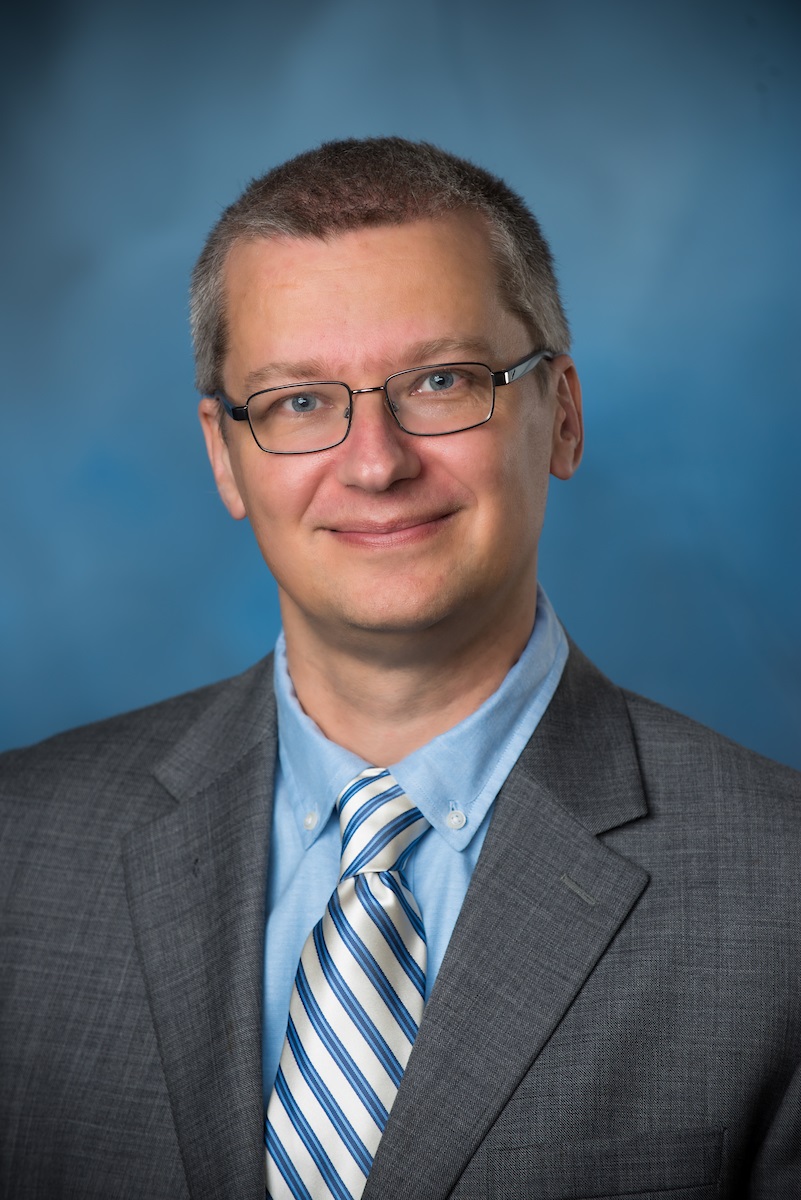COSAM News Articles 2021 June Computational chemist sets sights on new methods with $433,561 NSF award
Computational chemist sets sights on new methods with $433,561 NSF award
For Konrad Patkowski, weak interactions result in a strong interest for his research.
The S. D. and Karen H. Worley Professor in the Department of Chemistry and Biochemistry is the recipient of a $433,561 award from the National Science Foundation (NSF) program that specifically funds research for new methods and algorithms in computational chemistry.
With this funding for his award titled New Extensions to Symmetry-Adapted Perturbation Theory: Spin Splittings, Explicitly Correlated Dispersion, and Intramolecular Interactions, he will study weak interaction energies between molecules. These interactions cause molecules to aggregate and form liquids and crystals, and are also responsible for the structure of biomolecules such as proteins and DNA.
Patkowski seeks to extend the current symmetry-adapted perturbation theory (SAPT) to more diverse types of interactions. Methods like SAPT can split the entire interaction energy into physically meaningful parts.
“With this method, all of the numbers, separate and combined, offer meaningful values,” Patkowski said. “These values help us find insight into the origins of the interactions.”
As a computational chemist, he studies molecules, atoms and chemical reactions just as an experimental chemist would do in a lab. He uses Auburn’s powerful supercomputer to conduct the calculations.
Patkowski is using an open-source programming software.
“Open-source software gives everyone the opportunity to have full access, since it is completely free,” he said. “You get direct access to the source code, which is very helpful for researchers like us who need to program new algorithms.”
For Patkowski, the students are what makes the difference.
“Students are the key to a research group’s success,” Patkowski said. “Our students keep our scientific curiosity going and help push our research forward.”
He works with a closely-knit group of students in his lab and attends meetings such as the Southeastern Regional Meeting of the American Chemical Society to recruit new graduate students to Auburn.
“I had an absolutely great mentor that encouraged me to think independently, and I want to help our students discover how they can make an impact while they are earning their doctorate degree and beyond,” Patkowski added.
Latest Headlines
-
06/17/2024
-
06/07/2024
-
05/31/2024
-
05/28/2024
-
05/28/2024


